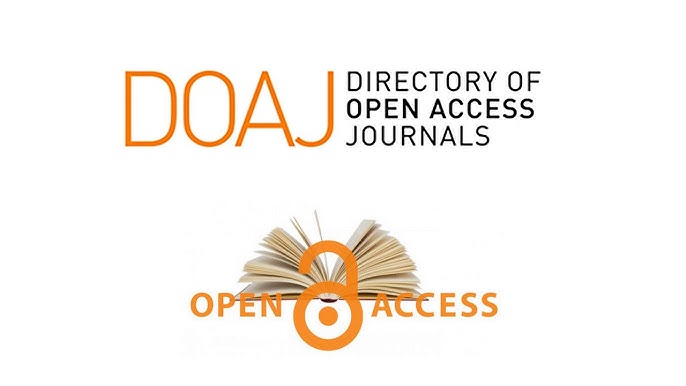The Role of Cash and Financial Policies in Combating the Phenomenon of Economic Inflation in Iraq
Abstract
The study aimed to research the impact of monetary and financial policies on monetary inflation that emerged as a result of the wars and successive political and security crises on Iraq, as this prompted the Iraqi government and the Central Bank of Iraq to adopt financial and monetary policies to reduce the value of inflation, and these policies emerged clearly through decisions issued by the Central Bank after the end of the American war on Iraq that would have devoted the role of the Central Bank in managing its monetary and fiscal policy independent like reducing the rates of money supply, and transferring purchasing power from the hands of individuals to the government. These monetary and financial policies contributed to curbing economic inflation in Iraq and reducing it through monetary expansion to match the Iraqi economy's need for foreign exchange and the Iraqi currency. The study concluded that the Iraqi measures succeeded in reducing economic inflation, and the main factor in this was the successful and studied monetary policy. It confirmed the role of tax revenues as a tool of fiscal policy, a remarkable role in reducing the rate of economic inflation in Iraq, and thus the financial and monetary policy tools played a major role In reducing the phenomenon of economic inflation by influencing the axes of supply and demand.



